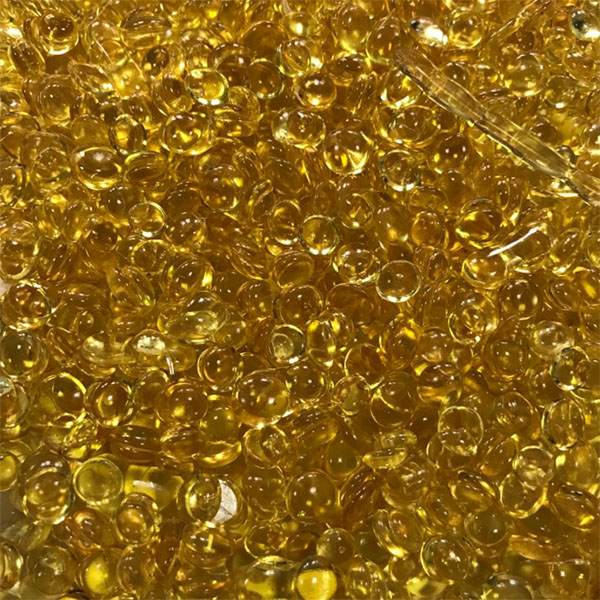Aug . 30, 2024 05:00 Back to list
Best High Efficiency Air Filters | Improve Your Indoor Air Quality
The Importance of Choosing the Best High-Efficiency Air Filter
In today's world, where air quality is often compromised due to pollution, dust, and other contaminants, having a high-efficiency air filter in your home or workplace has become more important than ever. Choosing the right air filter can significantly improve indoor air quality and contribute to a healthier living environment. This article delves into the reasons why high-efficiency air filters are essential and how to select the best one for your needs.
Understanding Air Filters
Air filters are designed to trap and remove particles from the air, including dust, pollen, pet dander, smoke, and mold spores. Traditional filters tend to capture only larger particles, but high-efficiency filters, such as HEPA (High-Efficiency Particulate Air) filters, can capture up to 99.97% of particles as small as 0.3 microns. This capability makes them highly effective for allergy sufferers and individuals with respiratory issues.
Benefits of High-Efficiency Air Filters
1. Improved Air Quality High-efficiency air filters are excellent at trapping pollutants, resulting in cleaner air. This is particularly important in urban areas with high levels of outdoor pollution.
2. Health Benefits Enhanced air quality can lead to fewer respiratory problems, allergies, and asthma attacks. For vulnerable populations, such as children and the elderly, this can mean a significant improvement in their overall health.
3. Energy Efficiency While some may believe that high-efficiency filters put more strain on HVAC systems, many are designed to allow for better airflow, which can, in fact, result in lower energy bills. A clean air filter ensures that your HVAC system operates efficiently, reducing wear and tear.
4. Odor Control Many high-efficiency filters come with activated carbon layers that help absorb unpleasant odors from pets, cooking, and smoke, keeping your space smelling fresh.
best high efficiency air filter

How to Choose the Right High-Efficiency Air Filter
When selecting a high-efficiency air filter, consider the following factors
1. Filter Type HEPA filters are the gold standard, but there are other options like MERV-rated filters. A higher MERV (Minimum Efficiency Reporting Value) rating indicates better filtration capability.
2. Size Ensure the filter fits your HVAC system. Most filters come in standard sizes, but it's essential to measure your existing filter or check the specifications of your unit.
3. Filtering Needs If you have specific concerns, such as allergies or pet dander, opt for filters designed for those needs. Some filters are specifically engineered to target allergens and pet hair.
4. Replacement Frequency High-efficiency filters generally need to be replaced more frequently than standard filters. Check the manufacturer's recommendations and be proactive about changing them to maintain optimal performance.
5. Cost While high-efficiency air filters might be more expensive upfront, their benefits often outweigh the costs. Consider the long-term savings (both health and energy) when assessing value.
Conclusion
Investing in the best high-efficiency air filter is an essential step toward ensuring better indoor air quality and promoting overall health. With various types available, it’s crucial to evaluate your specific needs and preferences. By understanding the benefits and making an informed choice, you can create a healthier environment for yourself and your loved ones, making every breath a clean one.
-
Premium Coffee Filter Rolling Paper: Fine Mesh for Smooth DIY
NewsAug.27,2025
-
Advanced PP Spun Filter Cartridge Making Machine - Precision & Speed
NewsAug.26,2025
-
Active Carbon Air Filter for Air Purifier: Odor & VOC Control
NewsAug.25,2025
-
Premium Active Carbon Air Filter for Purifiers | Odor & VOC Removal
NewsAug.24,2025
-
Premium Active Carbon Air Filter for Air Purifier | Odor & VOC Removal
NewsAug.23,2025
-
Active Carbon Air Filter for Air Purifier - Superior Odor Removal
NewsAug.22,2025
